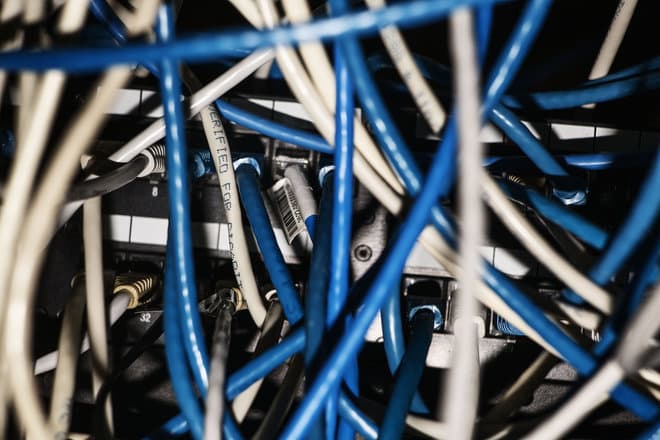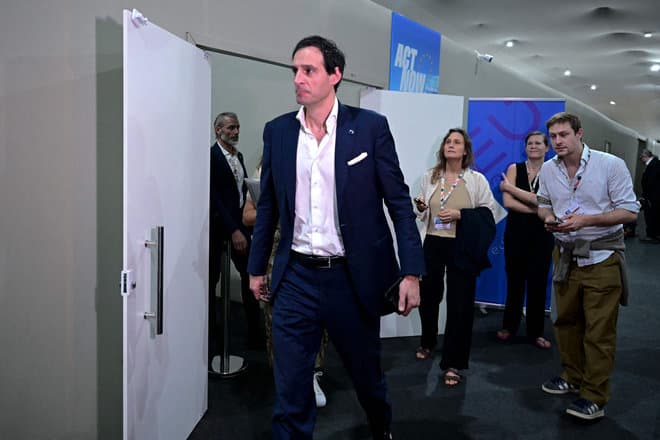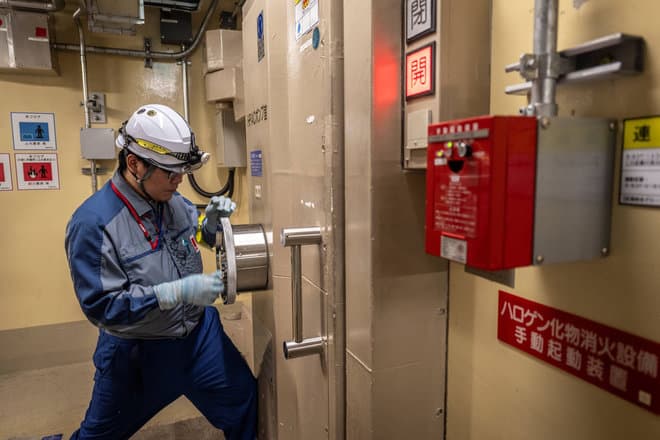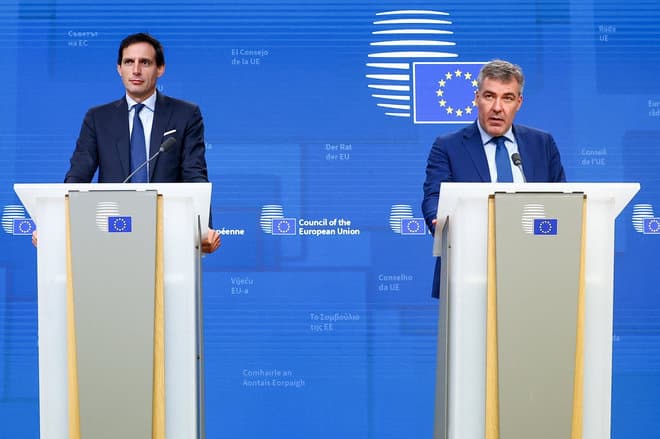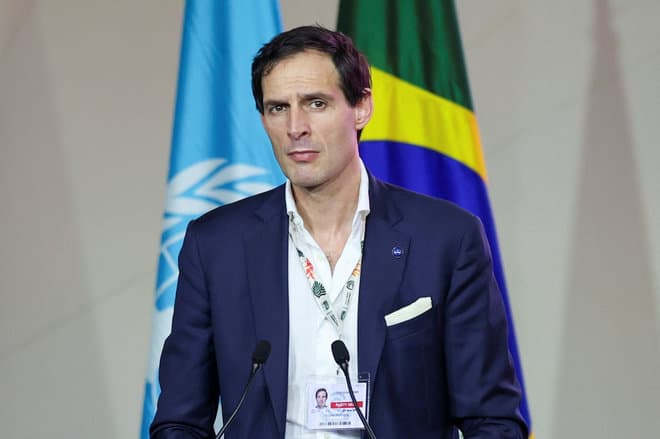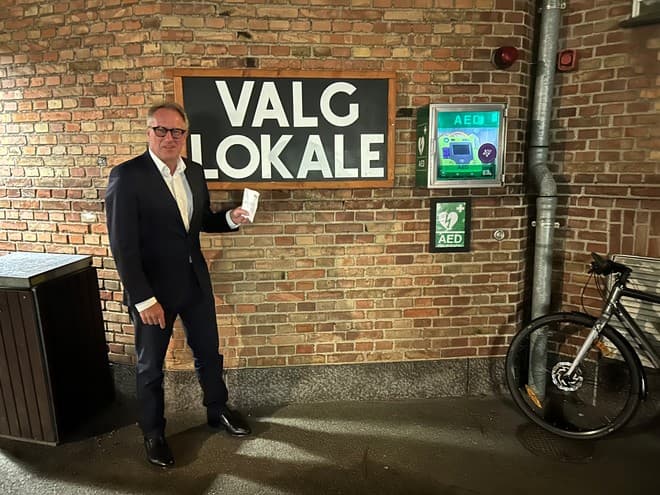
After two weeks of negotiations with the international community on behalf of the EU, the Danish climate minister, Lars Aagaard (M), must admit that the EU has become a trifle that can be trampled in the big political game.
After several days and nights of intense negotiations and 36 hours without sleep, it is a discouraged Danish minister who walks out of the COP30 climate summit plenary hall on Saturday evening.
Here the world has just agreed on a new climate agreement. But the whole process has made Lars Aagaard realize how much the world has changed in his lifetime.
- When I wore short pants, the EU was a big thing in the world. It was a big part of the world economy. A few European countries were big globally and had a heavy voice, he says.
New alliances
That is no longer the case. At the climate summit, Lars Aagaard has experienced how the large, new economies such as India, China, Saudi Arabia and Russia, "God help me", are making alliances that completely block European desires for influence.
While the EU has wanted to strengthen the world's commitment to reducing greenhouse gas emissions, it has ended up having to fight to maintain the climate commitments of previous agreements.
The resistance from oil states and large developing economies has been too great. In addition, they have tied many of the least developed countries closely to them.
- That means they are now filling up. And they are asserting their political influence, says Lars Aagaard.
The new world order must prompt reflection on what Denmark and Europe can get out of the international climate summits.
- The days when Europe in its own right and by virtue of diplomatic relations and economic strength could drive this – well, we don't have the size for that anymore. Europe must take stock of that. Both in relation to negotiation strategies and of course also in terms of what expectations we have that our influence can be used here, says Aagaard.
FKN: The EU has stood very much alone
In the NGO world, the world order has also been viewed as changing. But here, the EU is also held responsible for the fact that things have become difficult globally. Mattias Söderberg, who is a climate advisor at DanChurchAid and has participated in 17 climate summits, has seen a very isolated EU at COP30.
- It is a new geopolitical situation, where several developing countries are turning towards China and the BRICS countries, he says, referring to Brazil, Russia, India, China and South Africa.
Whereas the EU has been able to gather great support from many developing countries at other climate summits, it has been more difficult this year.
According to Mattias Söderberg, this may be due in particular to the fact that the world's poorest countries lost a lot of trust in the EU at last year's climate summit, when there were major disagreements about climate financing.
- The EU has stood very much alone last night. It is worrying. And all ministers in the EU member states must reflect on that, he says of the last 24 hours of the negotiations.
/ritzau/
Text, graphics, images, sound, and other content on this website are protected under copyright law. DK Medier reserves all rights to the content, including the right to exploit the content for the purpose of text and data mining, cf. Section 11b of the Copyright Act and Article 4 of the DSM Directive.
Customers with IP agreements/major customer agreements may only share Danish Offshore Industry articles internally for the purpose of handling specific cases. Sharing in connection with specific cases refers to journaling, archiving, or similar uses.
Customers with a personal subscription/login may not share Danish Offshore Industry articles with individuals who do not themselves have a personal subscription to Danish Offshore Industry.
Any deviation from the above requires written consent from DK Medier.



